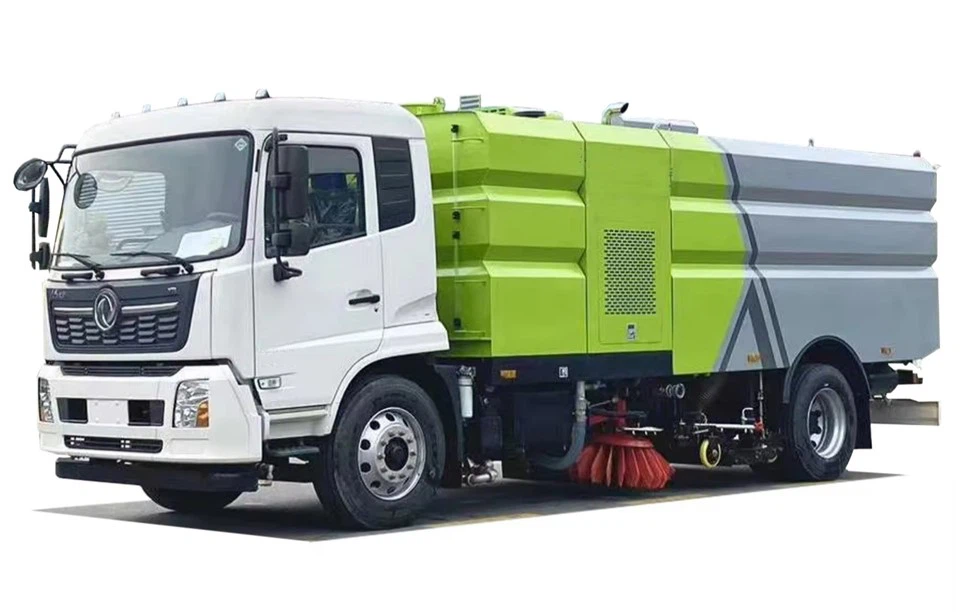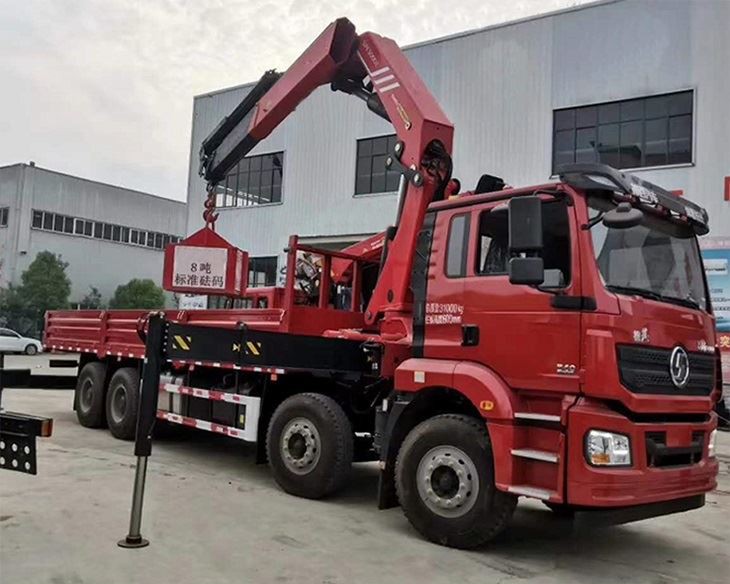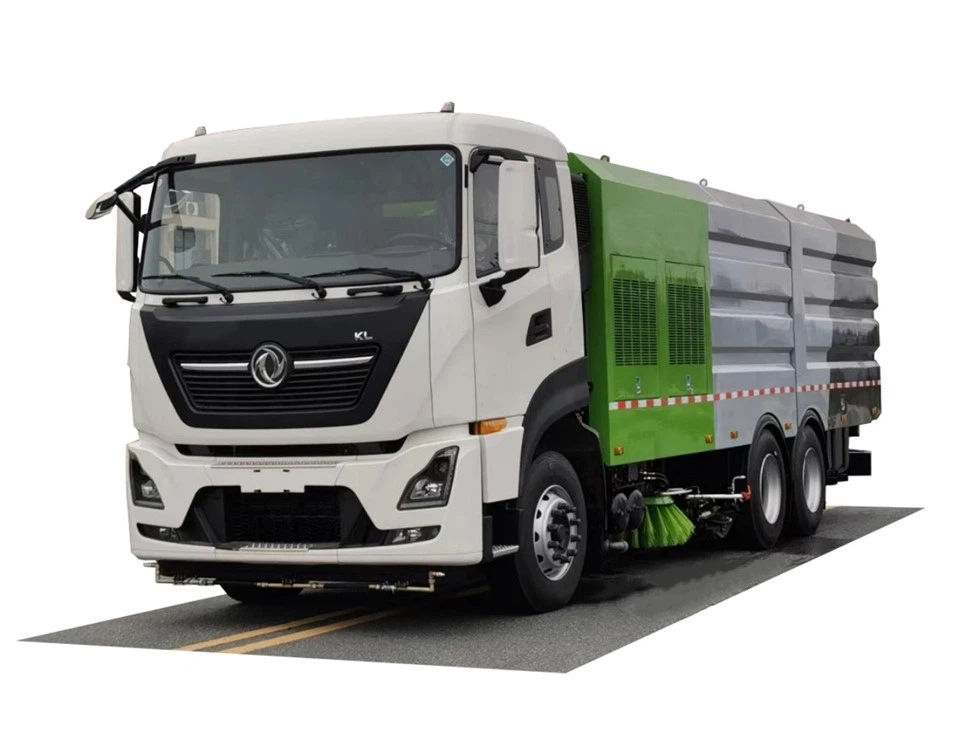Understanding LCV Commercial Vehicles: A Comprehensive Guide

Introduction
Light Commercial Vehicles (LCVs) play a pivotal role in the transportation and logistics industries. As a bridge between passenger vehicles and larger trucks, these versatile vehicles are ideal for businesses that require mobility and efficiency. This comprehensive article delves into the various aspects of LCVs, from definitions and classifications to advantages and practical use cases. Understanding LCVs will empower business owners and logistics managers to make informed decisions tailored to their needs.
What is an LCV Commercial Vehicle?
A Light Commercial Vehicle (LCV) is typically defined as a vehicle with a gross vehicle weight (GVW) of 3.5 tonnes or less. These vehicles are primarily designed for transporting goods or passengers and come in various shapes and sizes. Common examples include vans, minibuses, and pick-up trucks. LCVs are favored for their balance of capacity, cost-efficiency, and ease of maneuverability.
Types of LCVs
LCVs can be categorized into several types based on their design and intended purpose:
- Panel Vans: Enclosed cargo areas, ideal for transporting goods.
- Pick-up Trucks: Open cargo beds for easy loading and unloading.
- Chassis Cabs: Base vehicles for custom body modification.
- Minibuses: Designed for passenger transport, usually accommodating up to 14 people.
Commercial Applications of LCVs
LCVs are widely used across different sectors, including:
- Delivery Services: Efficiently transporting packages and goods.
- Construction: Moving tools and materials to job sites.
- Food Service: Delivery vans configured for transporting food products.
- Public Transport: Minibuses providing shuttle services.
Advantages of LCVs
Choosing LCVs presents numerous benefits for businesses:
Cost Efficiency
LCVs generally come with lower purchase and maintenance costs compared to larger commercial vehicles. Fuel efficiency is also a crucial factor, especially with rising fuel prices.
Versatility
These vehicles are adaptable for various purposes, which makes them suitable for different industries and usages.
Maneuverability
LCVs are typically smaller and easier to handle, making them ideal for urban driving where space may be limited.
Tax Benefits
Many regions offer tax incentives for businesses using LCVs, especially those with lower emissions or eco-friendly designs.
Key Features to Consider When Choosing LCVs
When selecting an LCV, businesses should pay attention to several key features:
Payload Capacity

The amount of weight an LCV can carry is essential. Understanding the specific needs of your business will guide you in selecting the right vehicle.
Fuel Efficiency
Look for vehicles with high miles per gallon (MPG) ratings to save on fuel costs long-term.
Safety Features
Modern LCVs come equipped with various safety features like anti-lock brakes, electronic stability control, and advanced driver-assistance systems (ADAS).
Customization Options
Some businesses require specific configurations, such as refrigeration units for food transport or shelving for service vehicles. Choose models that offer customization.
Practical Examples of LCVs in Use
Several businesses across various sectors have benefitted from using LCVs effectively:
1. E-commerce Delivery
Companies like Amazon use LCVs for last-mile deliveries, ensuring packages reach customers quickly and efficiently.
2. Food Trucks
Food service businesses often use LCVs converted into mobile kitchens, allowing them to reach customers at different locations.
3. Trades and Services
Electricians and plumbers use pick-up trucks to transport tools and materials, optimizing their work efficiency.
Maintenance Tips for LCVs
Proper maintenance ensures the longevity and reliability of LCVs:
Regular Inspections
Conduct routine checks on the engine, brakes, and tires to prevent breakdowns.
Keep it Clean
Regular washing and cleaning, both inside and out, help maintain the vehicle’s appearance and functionality.
Monitor Fluids
Regularly check oil, coolant, and brake fluid levels to ensure optimal performance.
Environmental Considerations
With increasing emphasis on sustainability, LCV manufacturers are investing in greener technologies. Electric LCVs are becoming more common, providing a more environmentally friendly option for businesses.
Choosing Eco-Friendly Models
When purchasing LCVs, consider models that comply with environmental regulations and possess low emissions ratings.
Benefits of Electric LCVs
Electric LCVs offer lower operating costs, reduced emissions, and can even provide tax incentives in some regions.
Government Regulations and Compliance

Owners of LCVs should be aware of government regulations pertaining to commercial vehicle operations:
Licensing Requirements
Drivers must possess the appropriate license, which may vary depending on the vehicle weight and purpose.
Emission Standards
Vehicles must comply with local emission regulations to minimize environmental impact.
Insurance Coverage
Commercial vehicle insurance is essential for protecting against liability and property damage.
Future Trends in the LCV Market
The LCV market is evolving with several key trends:
Technological Integration
Emerging technologies like telematics and automation are being integrated into LCVs, leading to better fleet management and operational efficiency.
Increased Demand for Delivery Services
With the growth of e-commerce, there is a rising demand for efficient delivery vehicles, driving sales of LCVs.
Shift Towards Electric Vehicles
The shift toward electric vehicles is being embraced by LCV manufacturers, offering sustainable choices for businesses.
FAQs About LCV Commercial Vehicles
1. What is the average lifespan of an LCV?
The average lifespan of an LCV is between 10 to 15 years, depending on maintenance and usage.
2. Can I use an LCV for passenger transport?
Yes, LCVs like minibuses are specifically designed for passenger transport and are a popular choice for shuttle services.
3. Are there tax benefits for owning an LCV?
Many regions offer tax benefits for businesses using LCVs, particularly those that meet certain environmental standards.
4. How do I calculate the payload capacity?
The payload capacity is calculated by subtracting the vehicle’s weight from its Gross Vehicle Weight Rating (GVWR).
5. What maintenance should I perform on an LCV?

Regular inspections, fluid checks, effective cleaning, and timely oil changes are critical for maintaining an LCV.
6. Are there any specialized LCVs for the construction industry?
Yes, specialized LCVs, such as flatbed trucks, are frequently used in the construction industry for transporting materials and equipment.
